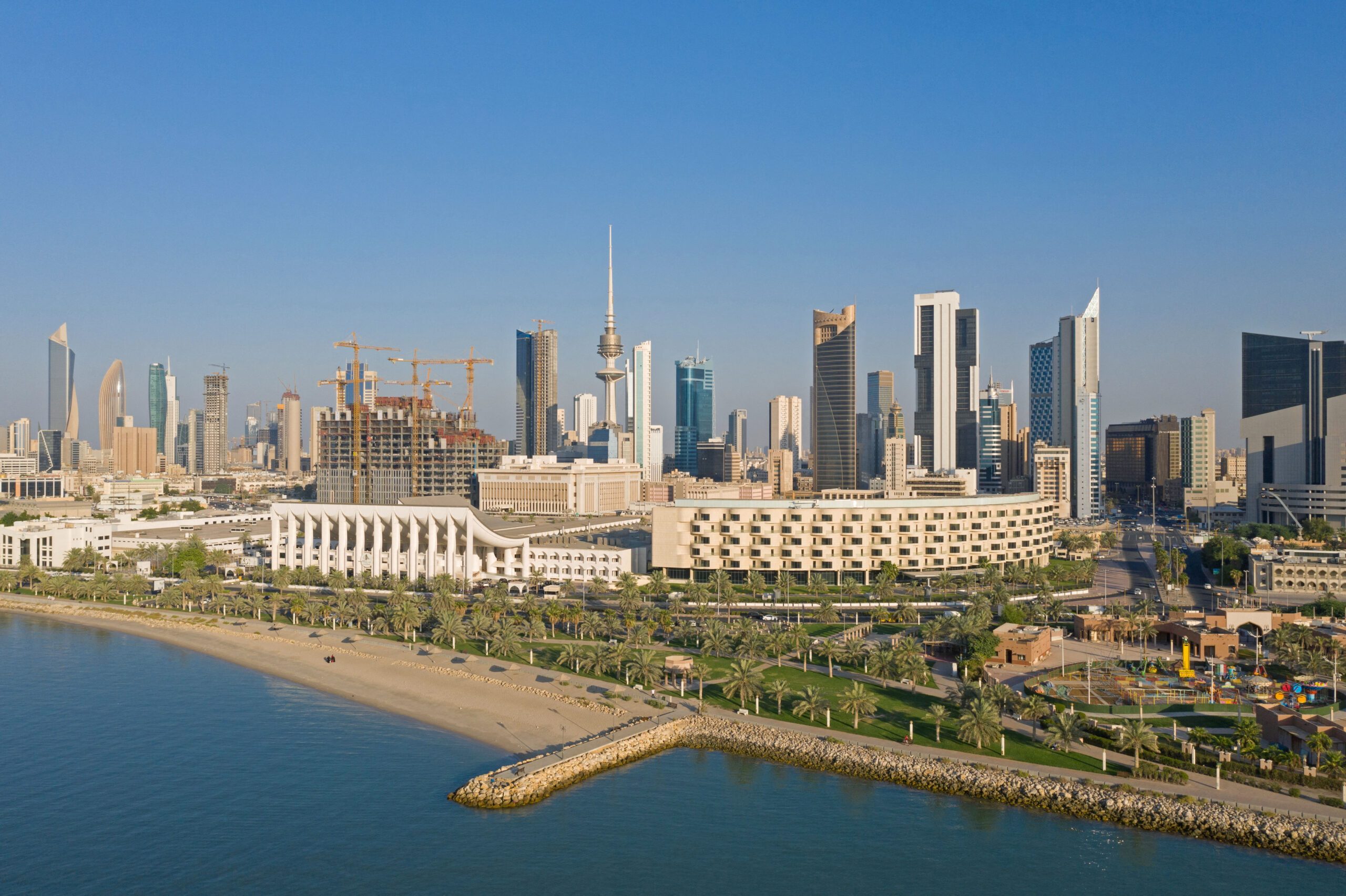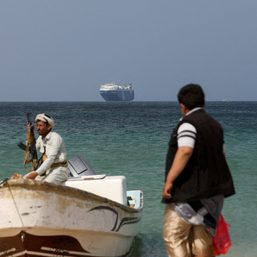SUMMARY
This is AI generated summarization, which may have errors. For context, always refer to the full article.

MANILA, Philippines – Kuwait has given overseas Filipino workers (OFWs) who have violated residency laws a three-month amnesty period to either adjust their status or voluntarily depart the Gulf state.
The amnesty period is from March 17 to June 17, covering overstaying foreigners, particularly those with Civil IDs that are expired or cancelled due to an accusation of absconding.
OFWs with administrative or judicial cases, however, will not be covered by the amnesty without the resolution of the cases, according to an advisory from the Philippine Migrant Workers Office (MWO) in Kuwait.
Overstaying foreigners who choose to depart from Kuwait during the amnesty period will be allowed to return, subject to regular visa and entry procedures.
Overstaying OFWs who don’t leave during the amnesty period, however, will be subject to “penalties, arrest, and deportation, and will be permanently banned from re-entering Kuwait,” the MWO advisory reads.
The Department of Migrant Workers (DMW) reported that as of Monday, March 24, the MWO in Kuwait has attended to some 500 OFWs with inquiries on Kuwait’s amnesty program.
“The office is also preparing to facilitate the repatriation to the Philippines of those who choose to return home,” the DMW said on Tuesday, March 26.
Status adjustment, voluntary departure
The MWO advised OFWs who wish to adjust their residency status to continue working in Kuwait to proceed to the Department of Residency Affairs of the Governorate that covers the address indicated in their Civil ID.
However, OFWs applying for the adjustment should take note that Visa 20 holders, or the domestic worker visas, cannot be converted to Visa 18, or skilled worker visas.
Visa 20 holders with absconding cases, or those who have been accused of abandoning their work or escaping, can only be legalized if they return to their employers who filed the absconding cases. “They cannot be transferred to a new employer,” the MWO advisory reads.
Overstaying Filipinos who have valid passports can proceed to the airport and go through regular departure procedures. They can also contact the MWO for repatriation assistance.
For decades, abused domestic workers in Kuwait have been running away from their employers. Sometimes, their employers sue them for absconding or theft.
The Philippine government has shelters in the country for these runaway OFWs – which the Kuwaiti government has a dislike for. In May 2023, Kuwait suspended the issuance of new entry visas for Filipinos, citing the Philippines’ alleged noncompliance with their bilateral labor agreement.
One of the apparent issues was the use of shelters, according to Foreign Undersecretary Eduardo de Vega. But the Philippines maintained that the shelters were there to stay.
According to a 2018 Human Rights Watch (HRW) report, domestic workers in Kuwait can be arrested, fined, or imprisoned for absconding.
“The kafala system can force workers to remain with abusive employers and punish those who try to flee. Workers who seek legal redress often have to do so without an income as they cannot work for another employer without the initial employer’s permission. Many leave the country without getting justice,” HRW said. – Rappler.com
Add a comment
How does this make you feel?













There are no comments yet. Add your comment to start the conversation.